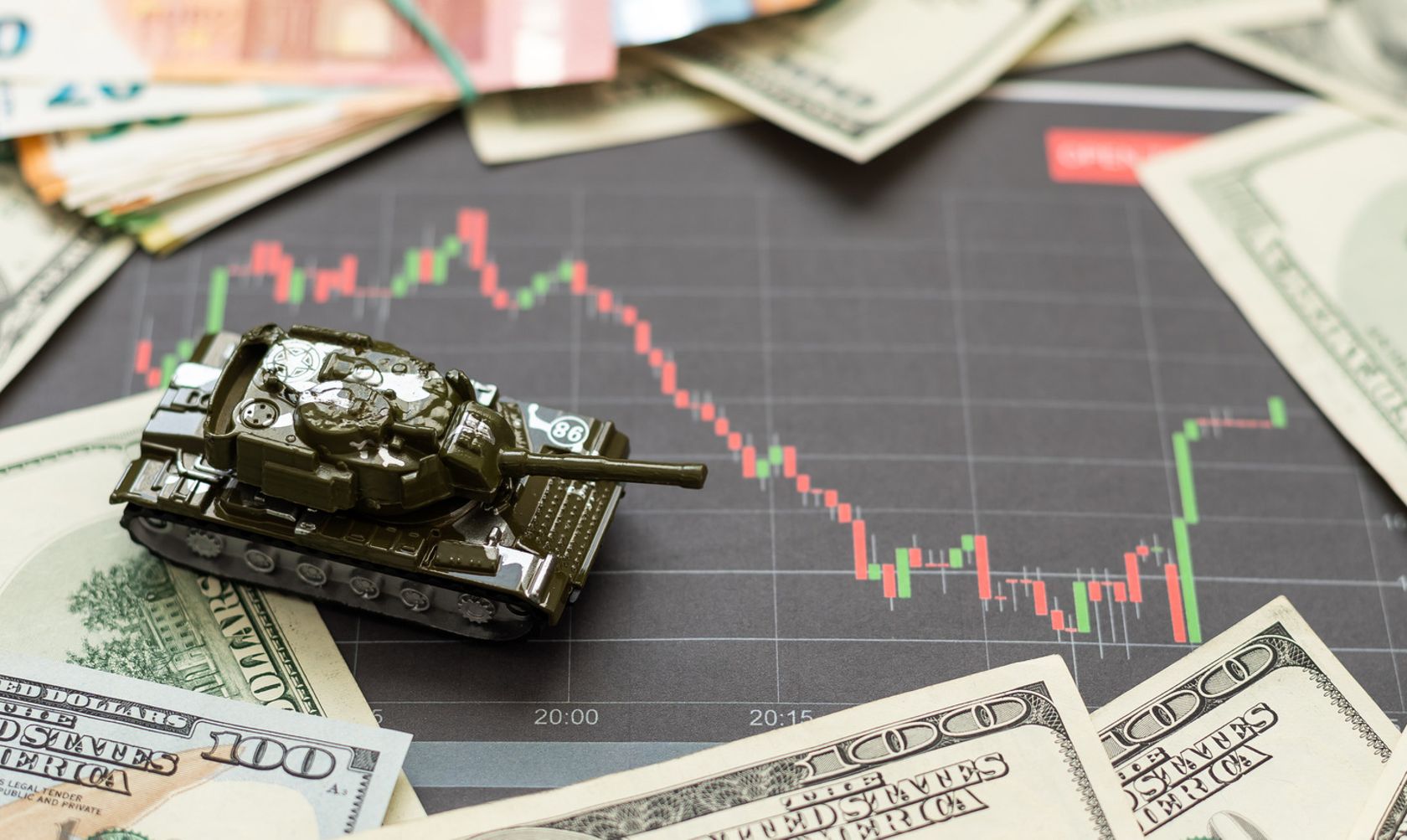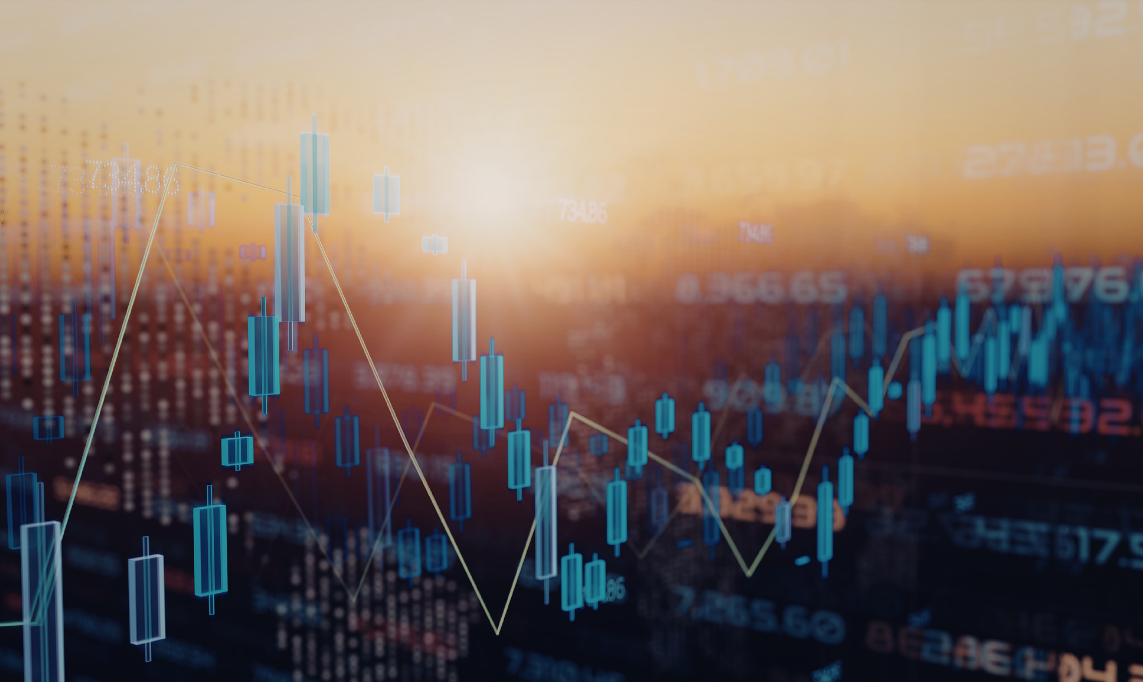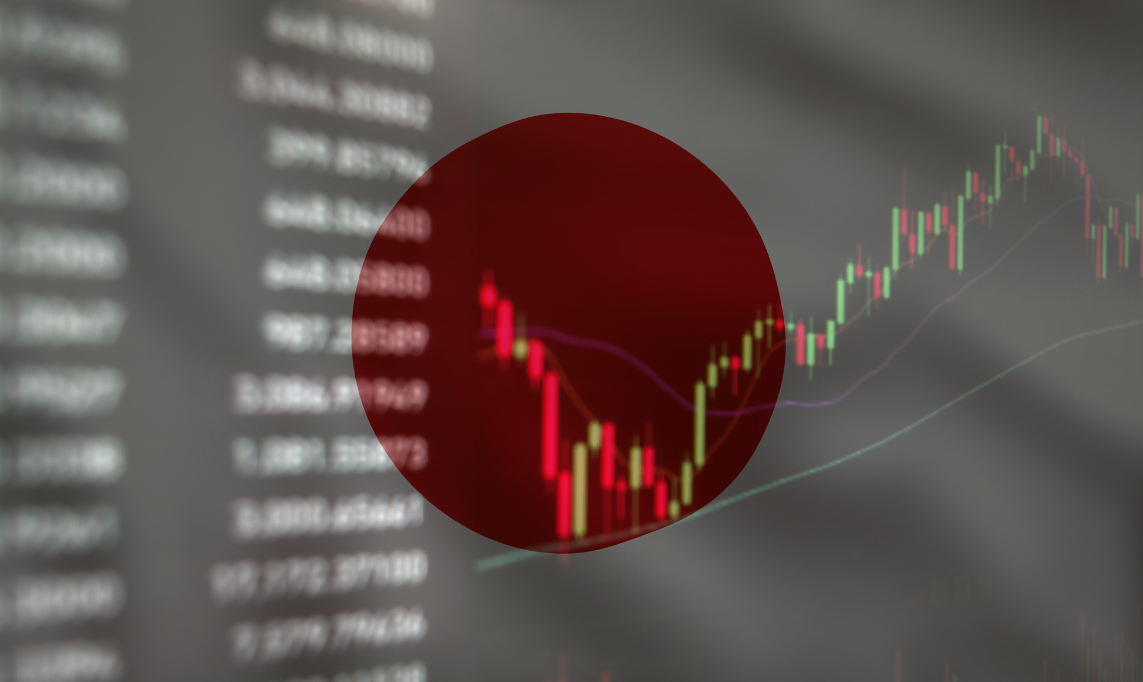Nothing is achieved in war and finance except by precise calculation. The aphorism-attributed in many quarters to Napoleon and adapted by modern philosophers-fits the current geopolitical and macroeconomic environment with difficulty. As the forecasts of analysts and observers multiply, it is becoming increasingly evident that with the current volatility of markets and the speed with which frictions and tensions follow one another, the key word in the stock market as well as in portfolios is: prudence.
Indeed, it is not yet clear whether events in the Middle East will have an impact on monetary policy in Europe and the United States. And this is just one of the unknowns on the horizon. Generally, uncertainty tends to lead to the purchase of safe haven assets, which under certain scenarios could see a reversal in the recent rise in government bond yields.
Corrado Cominotto, head of active asset management, Banca Generali asset management area, explains the concept this way, "The conflict we are witnessing in recent days in Palestine certainly represents an additional source of volatility in a macroeconomic context characterized by the already present uncertainty stemming from the next moves of central banks aimed at containing inflation."
It should be remembered that the current situation looks different from that which had characterized the conflict between Israel and a coalition of Arab nations, mainly Egypt and Syria, which broke out on Oct. 6, 1973, during Yom Kippur, the holiest day in Judaism.
"Then Egypt and Syria had the support of many Arab countries, and the Organization of Petroleum Exporting Countries (OPEC) decided to use oil as a political weapon. OPEC declared an oil embargo against the United States and other countries seen as supporters of Israel resulting in an increase in the price of oil from $3 to $12 per barrel with consequent negative effects on the global economy," recalls Cominotto.
 Corrado Cominotto, head of active asset management at Banca Generali
Corrado Cominotto, head of active asset management at Banca Generali



